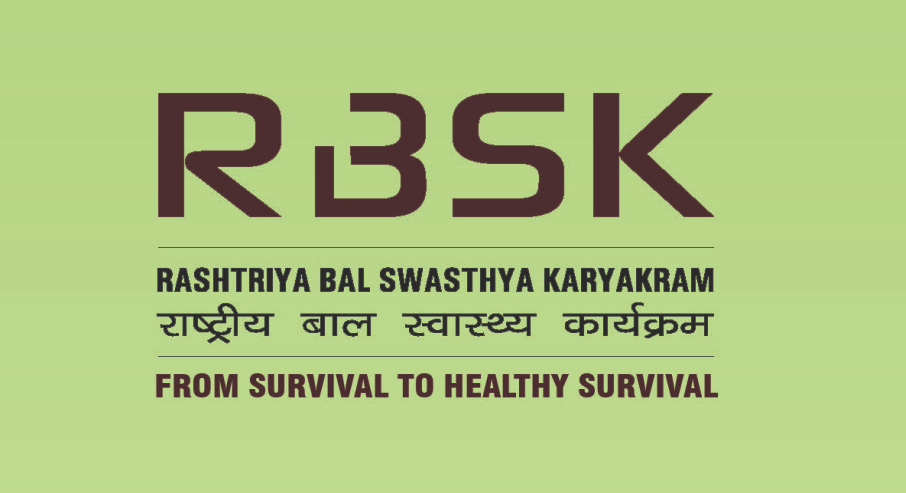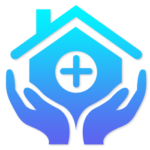RBSK

Basirhat District Hospital & Super Specialty Hospital under The Health & Family Welfare Department of the State Government of West Bengal has been bestowed with the responsibility of conserving and emerging the health care facility within Basirhat sub-division& its surrounding catchment area since 1965, Basirhat District Hospital & Super Specialty Hospital caters health services amongst 22.7 lakhs populations covering 1,777 km². In the year 2013, the 250 bedded Basirhat Sub-Division Hospital augmented to 300 Bedded District Hospital and later on , in the year 2017 the District Hospital increased with additional 300 beds with introduction of Super Specialty Hospital, now Basirhat District Hospital & Super Specialty Hospital running with 600 beds pride & success.
Basirhat District Hospital & Super Specialty Hospital is now a 600-bedded Hospital. Perhaps the most important measure of a hospital’s strength is the quality of its staff. Currently Basirhat Hospital running with 50 doctors all are qualified ,highly trained and exceptionally skilled within their fields, offering advanced care in more than 9 specialties and subspecialties department including CCU, SNCU, Dialysis etc. Our doctors and employees pride themselves on the compassionate care that we give to our patients. 24 X7 Rogi Sahayata Kendra service & 24 X7 Grievance Cell always at your service at , if you have any complaint or query you may call (Landline –03217-263678, Mobile:-7699439231) or email us at basirhatsdh@yahoo.in
Rashtriya Bal Swasthya Karyakram (RBSK) is a new initiative aiming at early identification and early intervention for children from birth to 18 years to cover 4 ‘D’s viz. Defects at birth, Deficiencies, Diseases, Development delays including disability.
It is important to note that the 0 – 6 years age group will be specifically managed at District Early Intervention Center ( DEIC ) level while for 6 -18 years age group, management of conditions will be done through existing public health facilities. DEIC will act as referral linkages for both the age groups.
First level of screening is to be done at all delivery points through existing Medical Officers, Staff Nurses and ANMs. After 48 hours till 6 weeks the screening of newborns will be done by ASHA at home as a part of HBNC package. Outreach screening will be done by dedicated mobile block level teams for 6 weeks to 6 years at anganwadis centres and 6 – 18 years children at school.
Once the child is screened and referred from any of these points of identification, it would be ensured that the necessary treatment/intervention is delivered at zero cost to the family.
Target age group
The services aim to cover children of 0 -6 years of age in rural areas and urban slums in addition to children enrolled in classes I to XII in Government and Government aided Schools. It is expected that these services will reach to about 27 crores children in a phased manner. The broad category of age group and estimated beneficiary is as shown below in the table. The children have been grouped in to three categories owing to the fact that different sets of tools would be used and also different set of conditions could be prioritized.
| Target group under Child Health Screening and Intervention Service Categorie | ||
| Categories | Age Group | Estimated Coverage |
| Babies born at public health facilities and home | Birth to 6 weeks | 2 crores |
| Preschool children in rural areas and urban slum | 6weeks to 6 years | 8 crores |
| School children enrolled in class 1st and 12th in government and government aided schools | 6yrs to 18 yrs | 17 crores |
Health conditions to be screened
Child Health Screening and Early Intervention Services under RBSK envisages to cover 30 selected health conditions for Screening, early detection and free management. States and UTs may also include diseases namely hypothyroidism, Sickle cell anaemia and Beta Thalassemia based on epidemiological situation and availability of testing and specialized support facilities within State and UTs.
| Selected Health Conditions for Child Health Screening & Early Intervention Services | |
| Defects at Birth | Deficiencies |
| 1. Neural tube defect 2. Down’s Syndrome 3. Cleft Lip & Palate / Cleft palate alone 4. Talipes (club foot) 5. Developmental dysplasia of the hip 6. Congenital cataract 7. Congenital deafness 8. Congenital heart diseases 9. Retinopathy of Prematurity | 10. Anaemia especially Severe anaemia 11. Vitamin A deficiency (Bitot spot) 12. Vitamin D Deficiency, (Rickets) 13. Severe Acute Malnutrition 14. Goiter |
| Diseases of Childhood | Developmental delays and Disabilities |
| 15. Skin conditions (Scabies, fungal infection and Eczema) 16. Otitis Media 17. Rheumatic heart disease 18. Reactive airway disease 19.Dental conditions 20. Convulsive disorders | 21. Vision Impairment 22. Hearing Impairment 23. Neuro-motor Impairment 24. Motor delay 25. Cognitive delay 26. Language delay 27. Behavior disorder (Autism) 28. Learning disorder 29. Attention deficit hyperactivity disorder |
| 30. Congenital Hypothyroidism, Sickle cell anemia, Beta thalassemia (Optional) |
Mechanisms for screening at Community & Facility level:
Child screening under RBSK is at two levels community level and facility level. While facility based new born screening at public health facilities like PHCs / CHCs/ DH, will be by existing health manpower like Medical Officers, Staff Nurses & ANMs, the community level screening will be conducted by the Mobile health teams at Anganwadi Centres and Government and Government aided Schools.
Screening at Anganwadi Centre
All pre-school children below 6 years of age would be screened by Mobile Block Health teams for deficiencies, diseases, developmental delays including disability at the Anganwadi centre at least twice a year. Tool for screening for 0-6 years is supported by pictorial, job aids specifically for developmental delays. For developmental delays children would be screened using age specific tools specific and those suspected would be referred to DEIC for further management.
Screening at Schools – Government and Government aided
School children age 6 to 18 years would be screened by Mobile Health teams for deficiencies, diseases, developmental delays including disability, adolescent health at the local schools at least once a year. The too used is questionnaire (preferably translated to local or regional language) and clinical examination.
Composition of mobile health team
The mobile health team will consist of four members- two Doctors (AYUSH) one male and one female, at least with a bachelor degree from an approved institution, one ANM/Staff Nurse and one Pharmacist with proficiency in computer for data management



